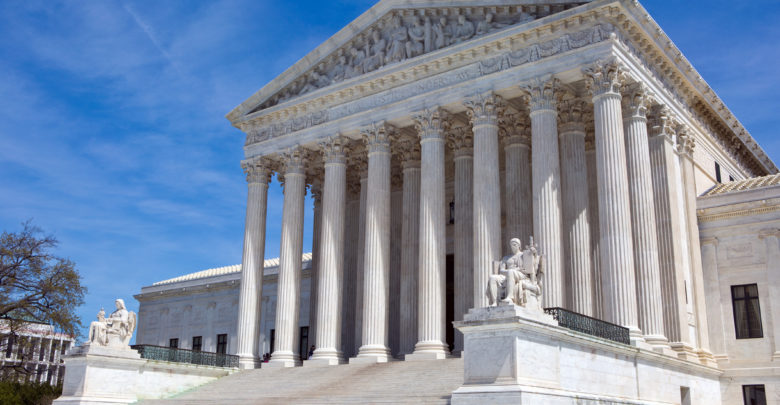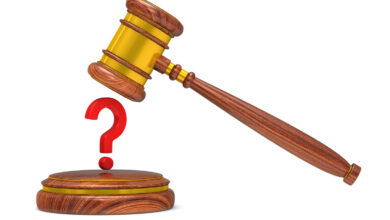Supreme Court: Not Our Job To Safeguard Democracy

Last month, Chief Justice John Roberts sent a message to you snowflakes who think it’s the Supreme Court’s job to protect our constitutional democracy:
Not on my watch. Too much bother.
In the 2012 congressional election, North Carolina Republicans had already so manipulated the electoral map that they captured 69% of the congressional seats with only 49% of the votes cast by North Carolina voters. And in the 2014 election they had captured 77% of the seats with only 55% of the vote.
But even that tilted playing field was too level to suit the taste of North Carolina Republicans. They decided to make sure that the fix would remain in place for the next election as well, undoubtedly because they feared that North Carolina was on the verge of becoming more of a purple state than a solid red state. They couldn’t let that happen.
They were going to decide which party sent members to Congress. Voters weren’t going to select elected officials. Elected officials were going to select voters.
So in 2016, the North Carolina Republican Assembly ordered up a new map. They told their mapmaker to “draw a map that would produce a congressional delegation of ten Republicans and three Democrats.”
Doesn’t matter how you get there. Just get there.
And, wonder of wonders, they got just what they had ordered up. The co-chair of the redistricting committee was even dumb enough to admit that he drew the map with the aim of electing 10 Republicans and 3 Democrats only because he couldn’t find a way “to draw a map with 11 Republicans and 2 Democrats.”
North Carolina voters successfully challenged this rigging of their congressional elections in the United States District Court for the Middle District of North Carolina, no hotbed of left-wing activists. The court found that the Republicans’ partisan gerrymandering violated the First Amendment, the Equal Protection Clause of the Fourteenth Amendment, the Elections Clause, and Article I Section 2 of the Constitution.
Translation: Rigging elections is un-American.
That’s not a terribly hard concept to grasp.
Except, that is, for Chief Justice John Roberts and the other four Supreme Court justices who form the conservative wing of the Supreme Court.
Roberts, of course, had no choice but to concede that “the districting plans at issue here are highly partisan, by any measure.”
And that the results of partisan gerrymandering are “unjust.”
And that such gerrymandering is “incompatible with democratic principles.”
And that the Court “does not condone” excessive partisan gerrymandering.
And still, despite all that, Justice Roberts and the other four members of the Court’s conservative cohort held that partisan gerrymandering was “beyond the reach of the federal courts.” I won’t try to summarize their reasoning, in large part because I find much of it artificial and incomprehensible. Suffice it to say that it has something to do with Roberts’ claimed inability to understand what “fairness” means, and his belief that the task of finding a remedy is beyond his judicial capacity.
But it’s easy enough to summarize where things stand:
The United States Supreme Court doesn’t believe that a “highly partisan,” “unjust” election-rigging scheme that is “incompatible with democratic principles” is in any way incompatible with the United States Constitution.
What it does believe is that it’s not the job of the Supreme Court to protect our system of constitutional democracy.
God help us.





Or you could have used Illinois as an example of how the super majority democratic machine is just as pleased with this court ruling.
Yes, I could have, but that wasn’t part of the Supreme Court’s decision. Instead I dealt with the case that the Supreme Court focused on. A better criticism might be that I could have focused on the other case the SC looked at, which was a Democratic example of gerrymandering. But even that was only one single district, and didn’t get nearly as much focus by the Supreme Court as the North Carolina case. In general, one can always argue that you should have focused on something other than what you did, but I think I’m in pretty safe territory on this one. Thanks for the comment.